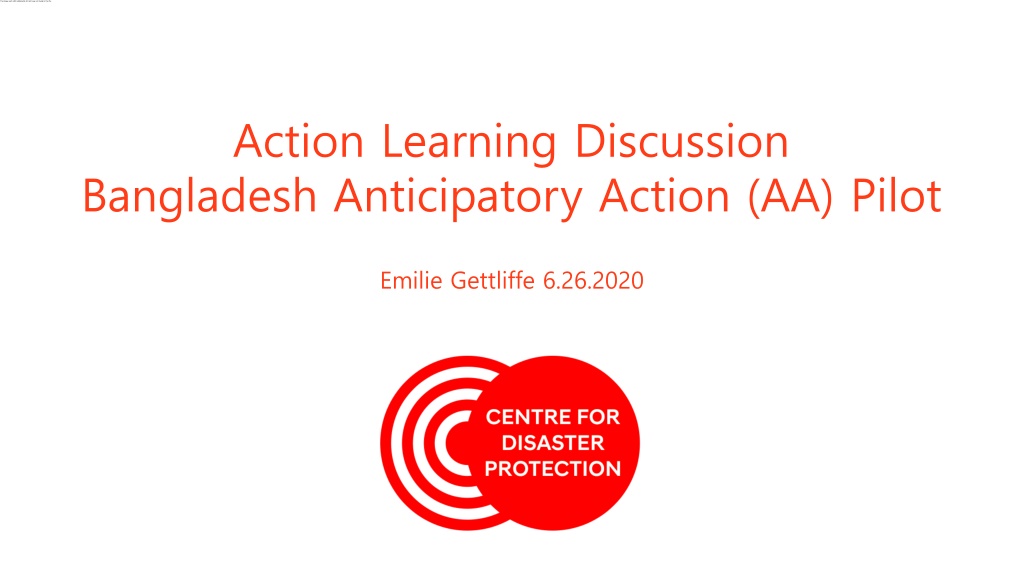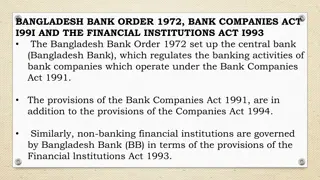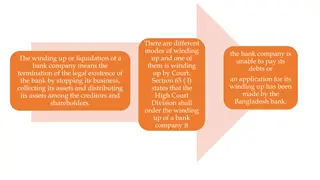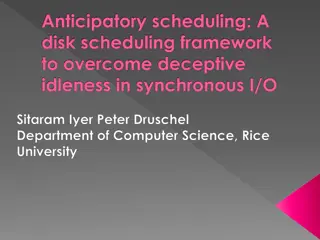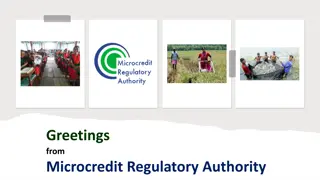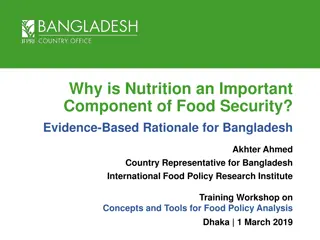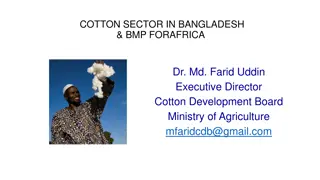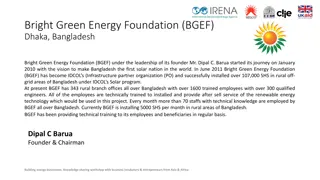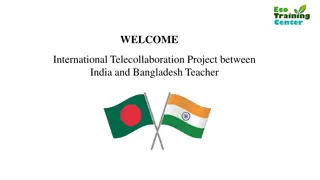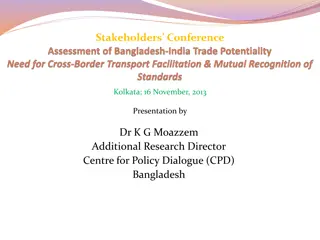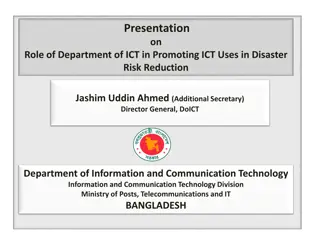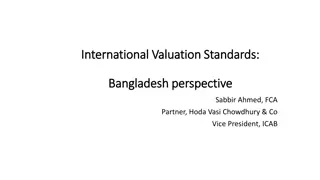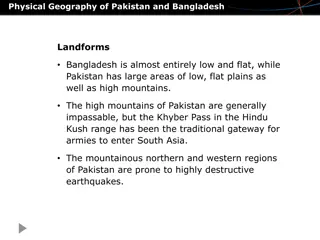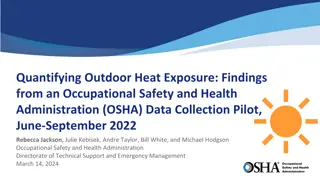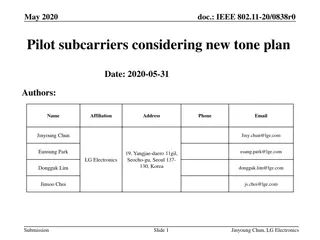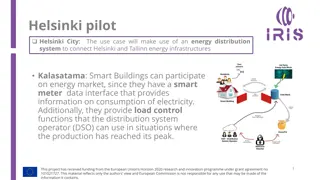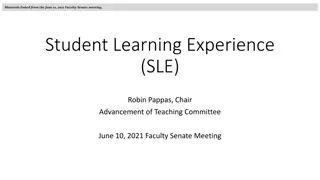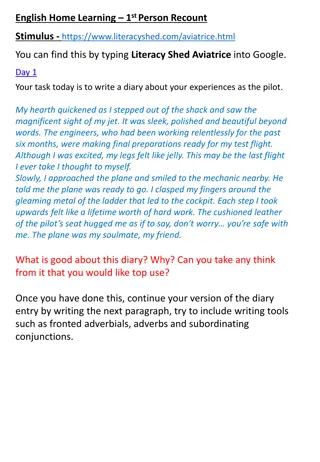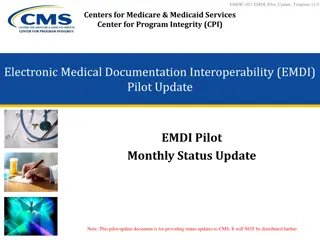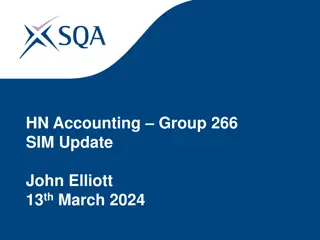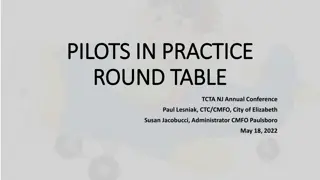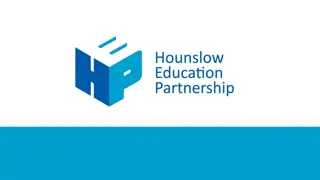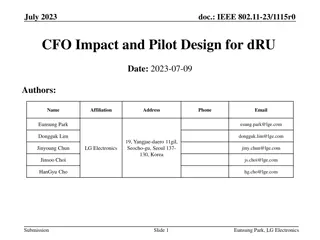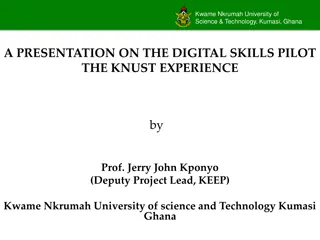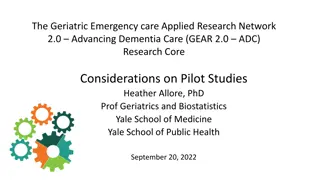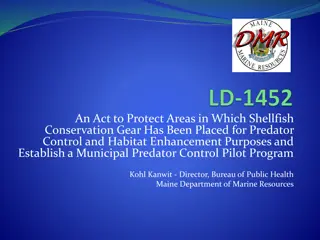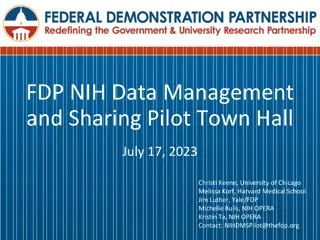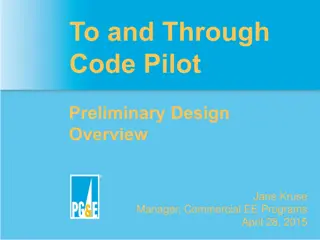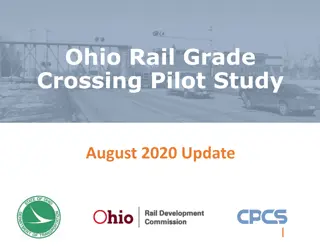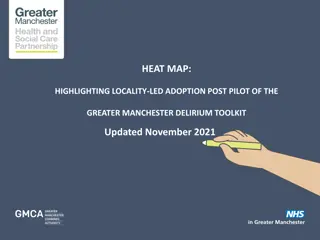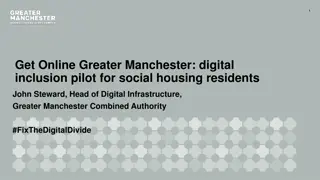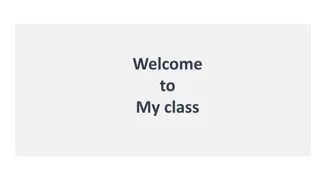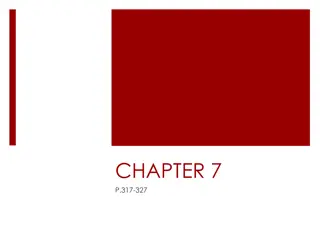Action Learning Discussion on Anticipatory Action Pilot in Bangladesh
Framing a discussion to understand and capture views on the effectiveness of the Ethiopia Anticipatory Action plan development process. The session aims to foster constructive exchange and real-time learning to enhance future initiatives in Bangladesh and beyond.
Download Presentation

Please find below an Image/Link to download the presentation.
The content on the website is provided AS IS for your information and personal use only. It may not be sold, licensed, or shared on other websites without obtaining consent from the author. Download presentation by click this link. If you encounter any issues during the download, it is possible that the publisher has removed the file from their server.
E N D
Presentation Transcript
Action Learning Discussion Bangladesh Anticipatory Action (AA) Pilot Emilie Gettliffe 6.26.2020
Framing the conversation Purpose: 1) Understand and capture views on the effectiveness of the Ethiopia AA plan development process so far 2) Foster constructive and actionable exchange and real-time learning on AA. Learning is more effective when it is an active rather than a passive process. Context: OCHA is committed to integrating and sharing learning from the AA pilots. Trying something new and soliciting and giving honest feedback takes courage and commitment! - Kurt Lewin So, THANK YOU in advance for sharing your time and perspectives to support this learning!
Discussion on key Hypotheses
Questions: To what extent does the hypothesis currently hold true? What has facilitated the hypothesis holding true? What have been barriers to it holding true? What are possible ways to address the barriers identified? Hypothesis #1: The roll-out team has sufficiently engaged key HQ and in-country stakeholders to develop a well- contextualized and locally- owned AA plan by the target deadline.
Questions: To what extent does the hypothesis currently hold true? What has facilitated the hypothesis holding true? What have been barriers to it holding true? What are possible ways to address the barriers identified? Hypothesis #2: Models, indicators and triggers are deemed legitimate enough by partners and collaborators for agreement on a final plan.
Questions: To what extent does the hypothesis currently hold true? What has facilitated the hypothesis holding true? What have been barriers to it holding true? What are possible ways to address the barriers identified? Hypothesis #3: Operationally possible activities are selected that will be impactful in mitigating the impacts of flooding for vulnerable people.
Questions: Hypothesis #4: The process undertaken supports 1) building on existing in-country systems and expertise (including colleagues allocating the needed time), and 2) learning from the pilot to enhance future anticipatory action in Bangladesh and elsewhere. To what extent does the hypothesis currently hold true? What has facilitated the hypothesis holding true? What have been barriers to it holding true? What are possible ways to address the barriers identified?
Are there other hypotheses crucial to articulate and discuss at this point in time? Anything else to add?
